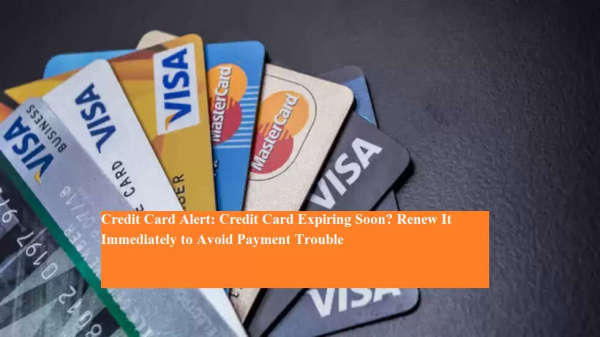
Credit Card Alert: Credit cards have become an essential part of modern life, helping with everything from shopping and bill payments to online subscriptions and emergencies. However, many users often overlook one crucial detail—the expiry date. Ignoring it can lead to failed payments, service disruptions, and even penalties.
A credit card’s expiry date indicates the last valid month and year the card can be used for transactions. It is usually printed on the front in MM/YY format.
After this date, the card cannot be used for payments, though your account remains active.
Banks usually issue a replacement card 30–45 days before the expiry to ensure uninterrupted service.
If your card expires and you have automatic payments set for Netflix, Amazon Prime, electricity, phone bills, health, or car insurance, the payments will fail. This may lead to service interruptions and penalty charges.
Keep your CVV and PIN confidential.
Avoid sharing card details on suspicious links or calls.
Monitor your bank statements regularly for any unauthorized transactions.
Destroy expired cards properly by tearing them up.
The expiry itself does not directly impact your CIBIL score. However, if you forget to update payments with the new card, late charges may apply. Frequent missed payments can hurt your credit history, affecting your chances of getting loans or new credit cards in the future.
Bottom Line: Always track your credit card’s expiry date and request renewal promptly. Staying proactive ensures uninterrupted services, avoids penalties, and keeps your credit score safe.